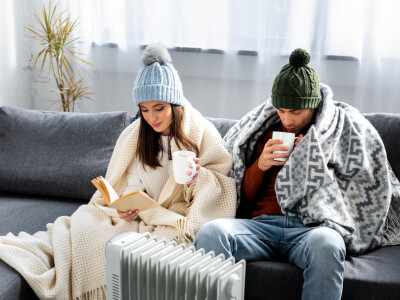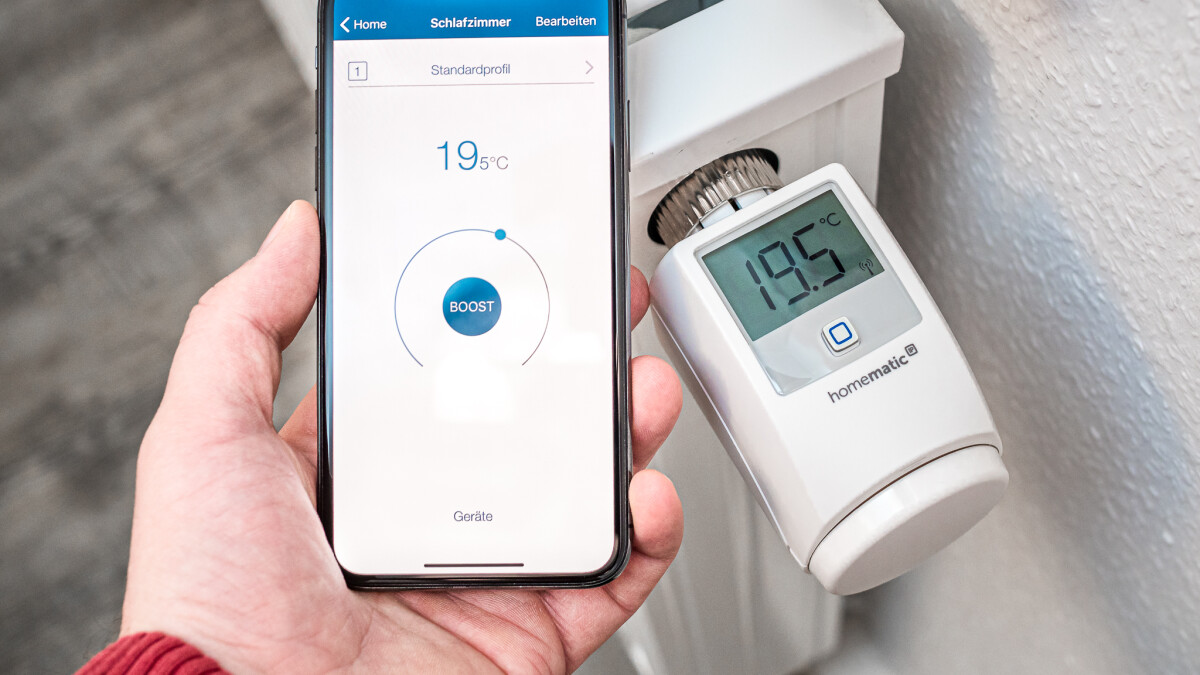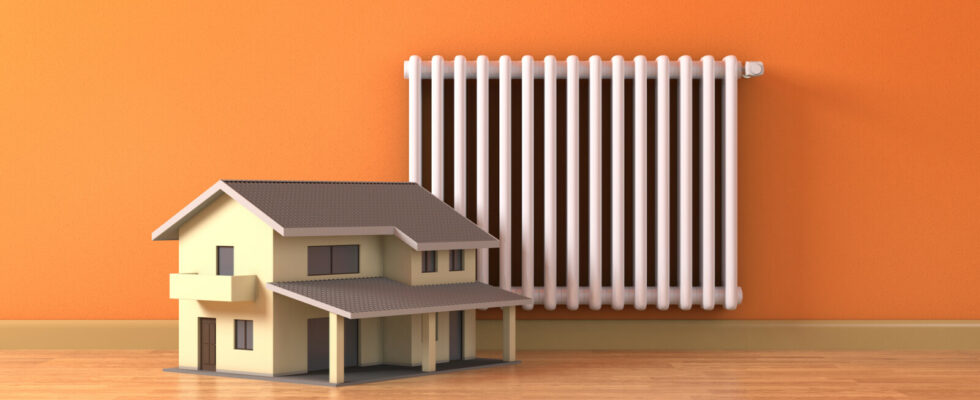Landlords must ensure heating options for tenants. But does that also mean that as a tenant you inevitably have to heat? This is what the law looks like.
Tenants are not legally obliged to heat. However, if you don’t heat at all, you still risk legal consequences. (Source: lucadp/depositphotos.com)
- Is the tenant obliged to heat in winter?
- What happens if the tenant doesn’t heat?
- How do I have to heat as a tenant?
- What temperature can a tenant request?
Whenever summer says goodbye and Father Frost returns, you as a tenant are once again faced with the question of when and how often you should heat. Since heating costs have risen sharply in recent years, many people think twice about whether they should actually turn on the heating or whether they would rather sit in the apartment with a jacket and blanket. But that can end up being even more expensive.
Is the tenant obliged to heat in winter?
But why? Is there a legal obligation for tenants to heat? Here we can reassure you first. According to the insurance company Ergo, tenants are not legally obliged to heat their homes. Theoretically, you are allowed to leave the heating switched off throughout the winter. But unfortunately it’s not that simple.
Because even if you as a tenant do not necessarily have to heat, you are obliged to ensure the integrity of your rental property and to prevent it from being impaired. To put it simply: Your apartment must not be damaged. Most tenants are probably aware of this, but it also includes damage caused by low temperatures.
Tenant must prevent damage caused by cold Would you rather use the blanket instead of the thermostat in winter? In the long run, this can be more expensive than heating regularly. (Source: HayDmitriy/depositphotos.com)
If you don’t heat your apartment in winter, the humidity will increase over time. This in turn leads to mold forming in the corners. A “damage” that should not be underestimated and which you as a tenant are responsible for. But even simple moisture that damages solid components of the apartment is already considered damage.
By the way, if you think you can counteract the humidity with a dehumidifier, you’re wrong. Extremely powerful devices would have to be used for this. You would also have to constantly measure the humidity with a hygrometer so that no critical values are exceeded. In old buildings, due to the structure of the building, condensation collects on the walls so quickly that a dehumidifier would not be able to keep up.
What happens if the tenant doesn’t heat?
The consequence: As a tenant, you either have to have the damage repaired for a fee or pay compensation to the landlord. To give you a little insight into the costs: Having an area of around four square meters of mold professionally removed costs between 700 and 1,200 euros, including the report, control measurements and new wall covering. With a comprehensive report it becomes significantly more expensive.
In addition, there are further legal consequences if you as a tenant repeatedly fail to heat either deliberately or through gross negligence. In the worst case scenario, the rental agreement may even end up being terminated.
How do I have to heat as a tenant?
The German Tenants’ Association therefore recommends setting the heating during the heating season so that the temperature in the apartment is between 20 and 22 degrees Celsius during the day. At night, a temperature of 18 degrees Celsius is sufficient, especially in warmer areas. The heating season usually begins on October 1st and ends on April 30th, but it can be postponed depending on weather conditions.

As a tenant, you should ensure a certain minimum temperature in the apartment to prevent moisture and mold. (Source: Netzwelt)
What temperature can a tenant request?
The landlord, for his part, is obliged to configure the heating system so that you as a tenant can reach the minimum temperature of 20 to 22 degrees during the day. A maximum temperature of 18 degrees Celsius is also permitted between 11 p.m. and 6 a.m.
If the landlord does not fulfill this obligation, he will of course face consequences. If the minimum temperatures specified above are not reached when heating, you can request a rent reduction. If the heating no longer works at all in winter, rent reductions of 100 percent are permitted if the landlord does not remedy the problem. If there is a risk of health damage due to a prolonged heating failure, the tenant is even permitted to terminate the rental agreement without notice.
Since you as a tenant have the burden of proof, you should always document the landlord’s misconduct with regard to the heating and call in an expert as quickly as possible if the defect persists. It can also help to talk to other affected tenants so that you have witnesses in case of doubt.
If you as a tenant want to be on the safe side that your apartment always has the necessary heat, we advise you to buy a smart radiator thermostat. Not only can you control your heating while you’re on the go and always ensure a constant temperature, the devices also help you save energy.
Smart radiator thermostats tested in 2022: These devices help save heating costs
NETZWELT may receive a commission from the retailer for links on this page. More info.
They are also the ideal start if you want to set up a smart home.
- ” Tip: The best VPN providers for more security and data protection
- » Buy balcony power plant: Comparison of the best solar systems
Don’t miss anything with this NETWORK WORLDNewsletter
Every Friday: The most informative and entertaining summary from the world of technology!
